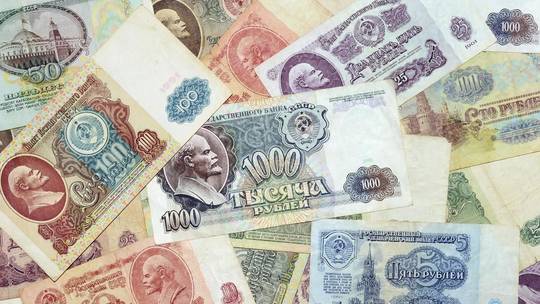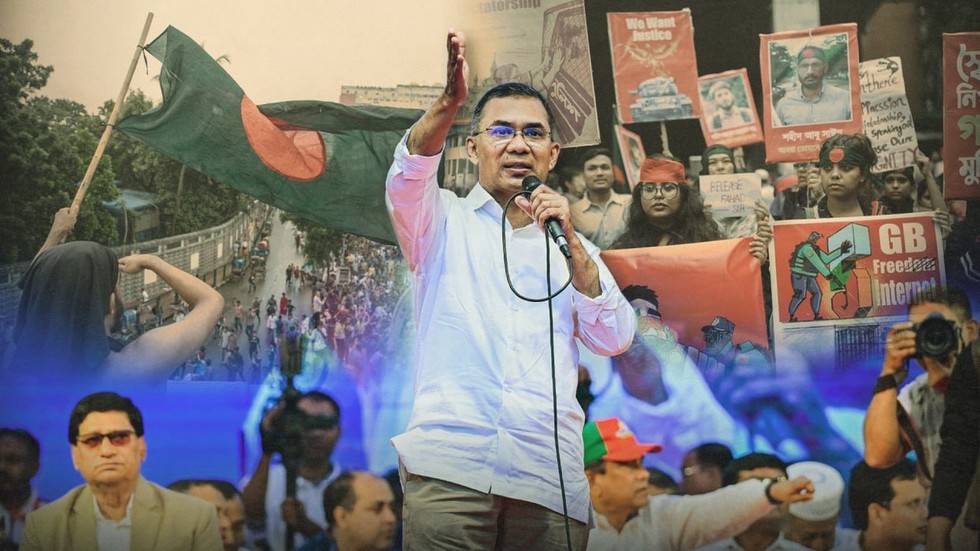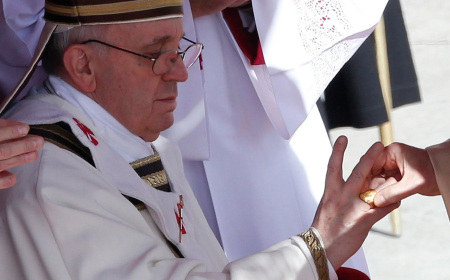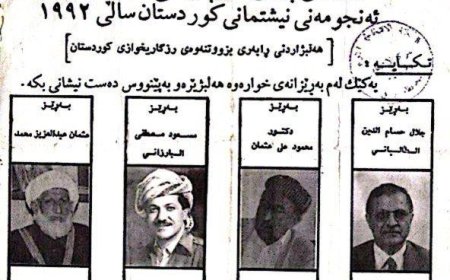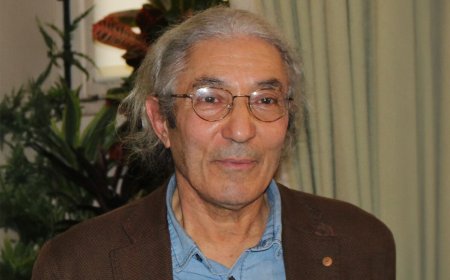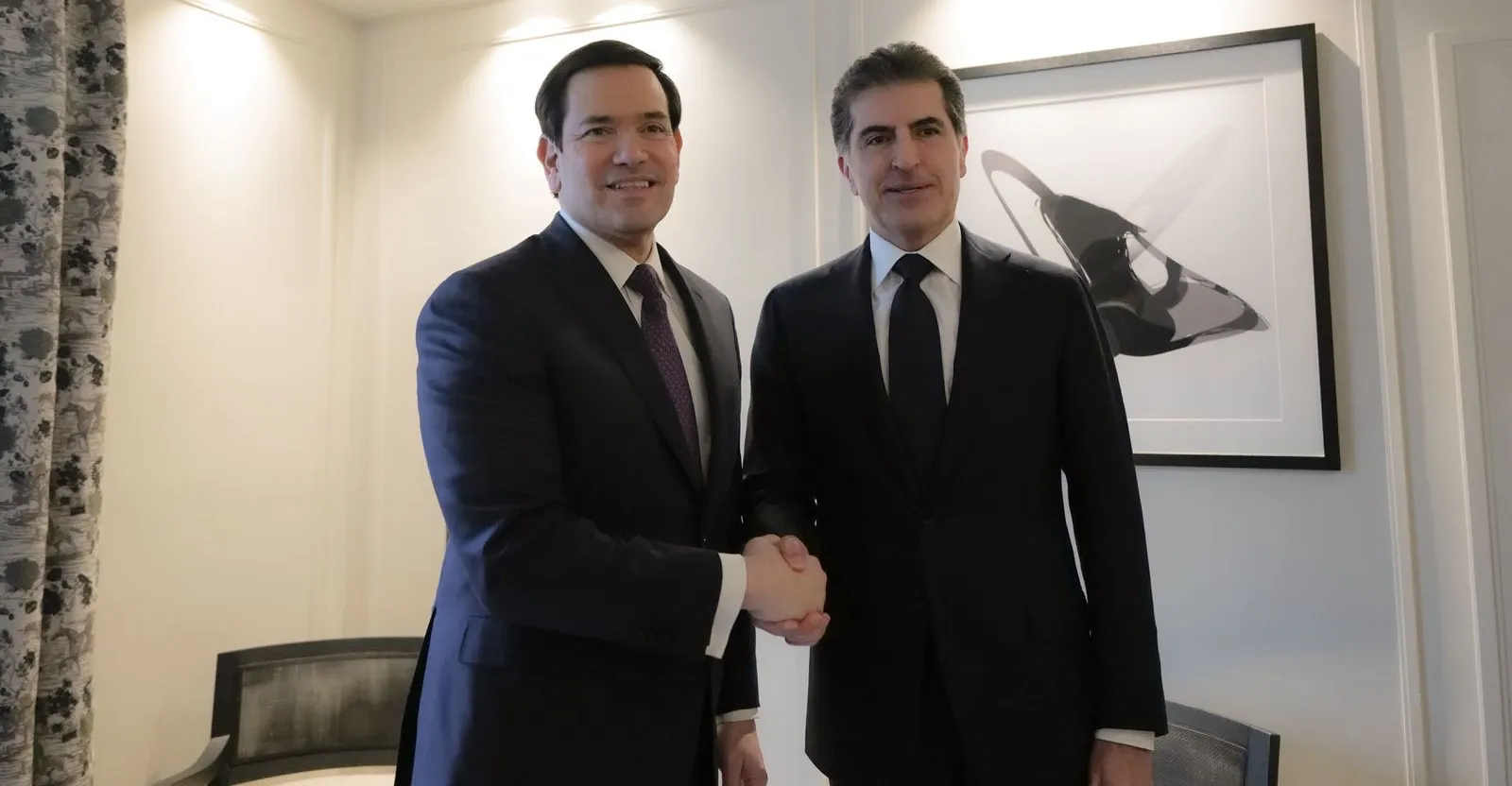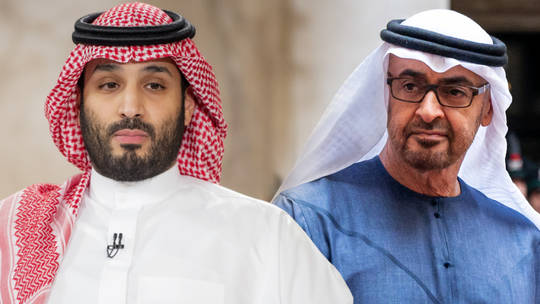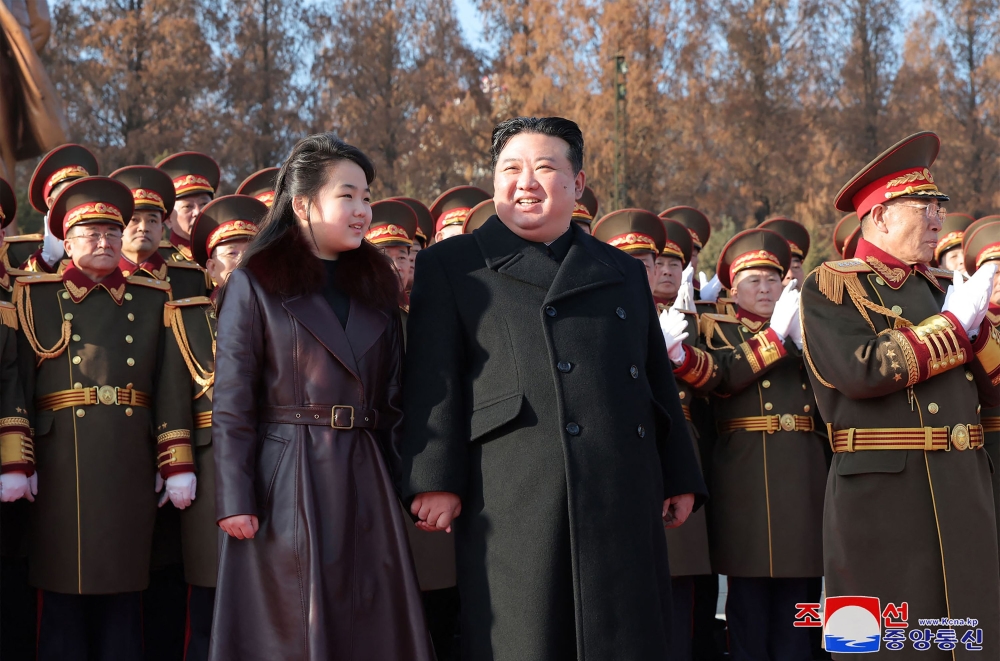Negotiating Fear and Reassessing the Muslim “Conquest”
Dr. Sirwan Abdulkarim Ali

The claim that Muslims seek to “conquer” Western societies has become a recurrent theme in public discourse across Europe and North America. While this notion draws on isolated incidents of extremism and ideological radicalism, it often overlooks the social, political, and psychological realities of Muslim communities in the West. Proposing a negotiated, balanced framework for understanding relations between the West and the Muslim world is possible. Such a framework should be one that identifies real risks without inflaming fear. Political failures within the Muslim world, not religious conquest, explain Muslim migration to Western nations, and that the West’s best protection lies in maintaining its human rights and democratic institutions.
In recent decades, the idea of a “Muslim conquest of the West” has circulated widely in political rhetoric, popular media, and public debates. This narrative implies that Muslim populations, through demographic growth, migration, and cultural assertion, will eventually transform Western societies into Muslim ones. Such narratives are emotionally powerful but analytically fragile. They feed on mutual fear and historical suspicion while neglecting the deeper social and political dynamics driving migration and identity formation. A responsible approach requires negotiation rather than escalation via identifying genuine challenges, encouraging integration, and addressing internal weaknesses in Muslim societies themselves. Fear cannot be managed by exaggeration but by understanding.
Most Muslims living in Western countries today are not ideological missionaries or agents of conquest. They are individuals who left their homelands seeking safety, stability, and dignity, such resources often being unavailable in their countries of origin. Many fled wars, authoritarian regimes, or endemic corruption; others emigrated in search of education, work, and freedom.
Their migration therefore reflects a failure within the Muslim world, not a coordinated plan to subvert Western societies. These individuals often experience a dual alienation: estrangement from their home countries that failed them and a struggle for acceptance in host societies that view them with suspicion. To portray them as invaders is to misunderstand both their suffering and their aspirations.
It is necessary to understand that the modern Muslim faith, in its many contexts, has been transformed from a purely spiritual system into a politicised identity. Decades of colonialism, authoritarianism, and ideological repression have turned religion into a political instrument. It often therefore appears less as faith and more as ideology; a banner for resistance, not a path to inner peace.
Many Muslims living in Western societies have become culturally Westernised, shaped by democratic values and personal freedom. Some even develop self-hatred or disillusionment towards their own identity after witnessing corruption and hypocrisy in their home countries. Many of them agree that political Muslim groups in the West should be monitored, as they often misuse religion for power. The fear that Muslims may “conquer” the West underestimates the resilience and complexity of Western institutions. Liberal democracies operate through layered systems of law, governance, accountability, and civic culture that cannot be easily overturned by demographic change.
Western societies have successfully absorbed waves of migration before; Irish, Jewish, Italian, Asian; each initially perceived as a threat, but eventually integrated within the social fabric. The West’s systematic culture is too structured to be dismantled by ideology. When any group attempts to violate its foundational principles, the natural response is institutional correction, legal accountability, civic debate, and social resistance. If some Muslims attempt to reshape Western systems radically, they risk social exclusion or even deportation, not revolution. Therefore, the “conquest” scenario is implausible when viewed through the lens of political realism.
The real crisis lies not in Muslim immigration to the West but in the Muslim world’s chronic failure of governance. From North Africa to South Asia, many Muslim-majority countries are characterised by weak institutions, corruption, and authoritarian leadership. These conditions drive citizens to seek a life elsewhere. No Muslim-majority country today stands as a global model of justice, prosperity, and democracy. Millions instead flee from these countries to the very Western nations they are accused of trying to conquer. This reality itself refutes the claim of a deliberate takeover. Muslim intellectuals and political leaders must therefore redirect their energy inward: to build states that reflect the ethical ideals of their faith. These ideals are those of justice, compassion, and good governance rather than the exportation of frustration abroad.
The best protection for Western societies against extremism or cultural tension lies not in fear-based policies, but in upholding the principles that make them strong: human rights, equality before the law, academic freedom, and humanitarian care. These values are what draw migrants, Muslim or otherwise, to the West. To compromise them in the name of self-defence would be a self-inflicted wound. A society that abandons its own moral foundation in fear of an external threat loses its identity from within.
Current geopolitical tensions, such as the rivalry between Israel and Iran, sectarian conflicts in the Middle East, and proxy wars involving global powers; further complicate Muslim - Western relations. The world now stands at a delicate intersection where local wars could trigger global crises. The international community appears hesitant, often leaving conflicts to evolve beyond control. If such escalation continues unchecked, it could unleash waves of displacement, extremism, and polarisation that neither side can manage. The result would not be a Muslim conquest of the West, but a collapse of global stability.
Rethinking the future is required because it is unrealistic to imagine Paris, London, or California ruled by Sharia law. Western constitutional systems are anchored in centuries of legal and cultural evolution; they cannot be replaced by an imported ideology. The greater risk is not conquest but mutual radicalisation; when fear in the West and anger in the Muslim world feed each other, leading to cycles of mistrust and conflict. The international community must intervene through diplomacy, education, and equitable development policies to prevent the ideological divide from turning into a civilisational rupture.
The general aim must be one of responsible coexistence; the narrative of a Muslim conquest of the West is, at its core, a symptom of mutual insecurity. Western societies fear losing their identity, while Muslims struggle with their own failures of leadership and legitimacy. The path forward lies not in confrontation but in self-correction on both sides. Those who threaten Western values do not represent most Muslims. Many such actors are products of failed states, manipulated by geopolitical interests, or driven by frustration rather than faith. The West, meanwhile, must remain confident in its institutions and values. The only effective defence against extremism, whether religious or secular, is a firm commitment to justice, equality, and humanity.
History shows that civilisations rarely collapse because of foreign beliefs but because their own leaders mislead them and erode their moral strength. Western societies should be more alert to the tricks and manipulations of their politicians rather than be driven by fear or unfounded assumptions about others. This above has advocated for dialogue, not division; reform, not rhetoric. The world is not ready for another ideological war.
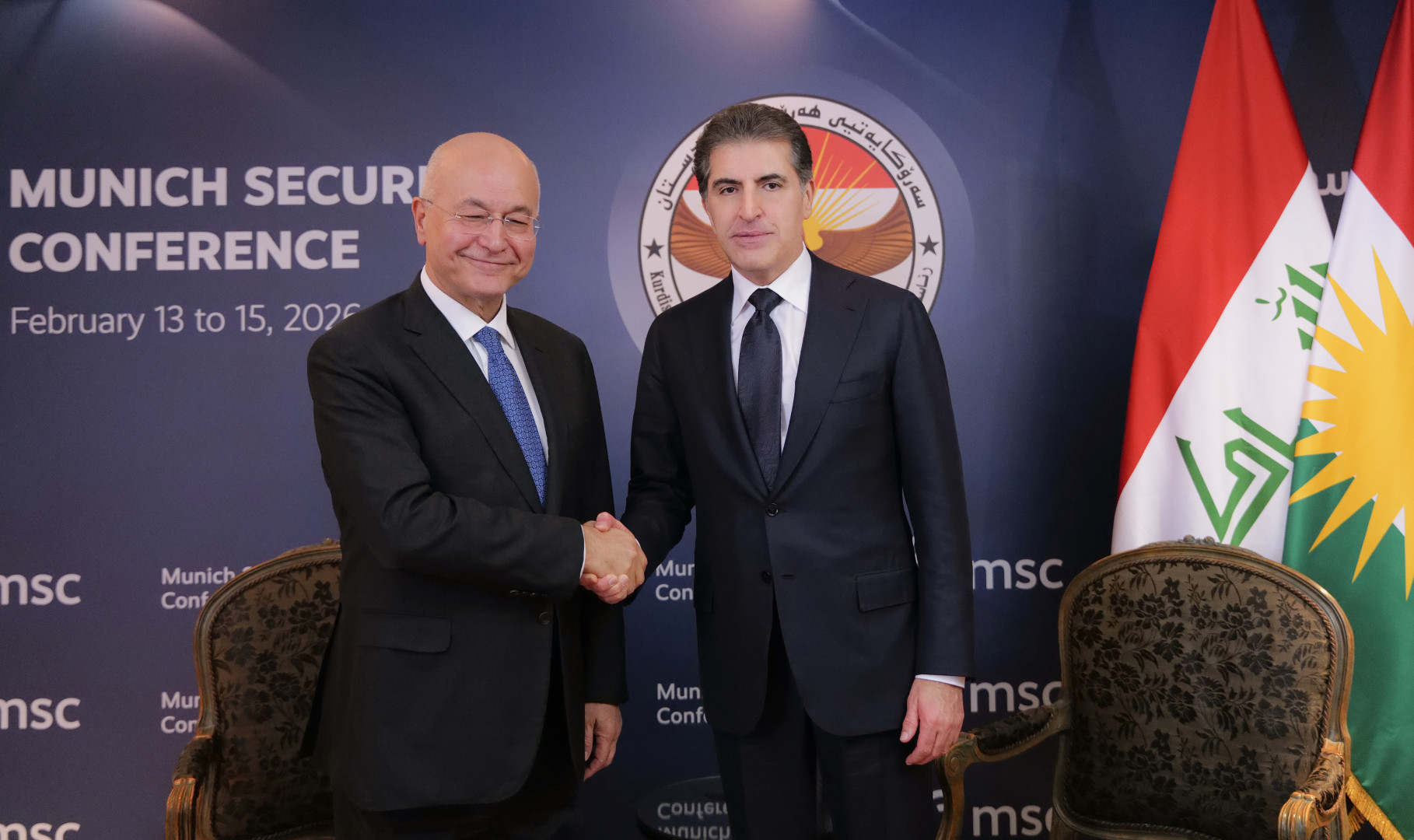

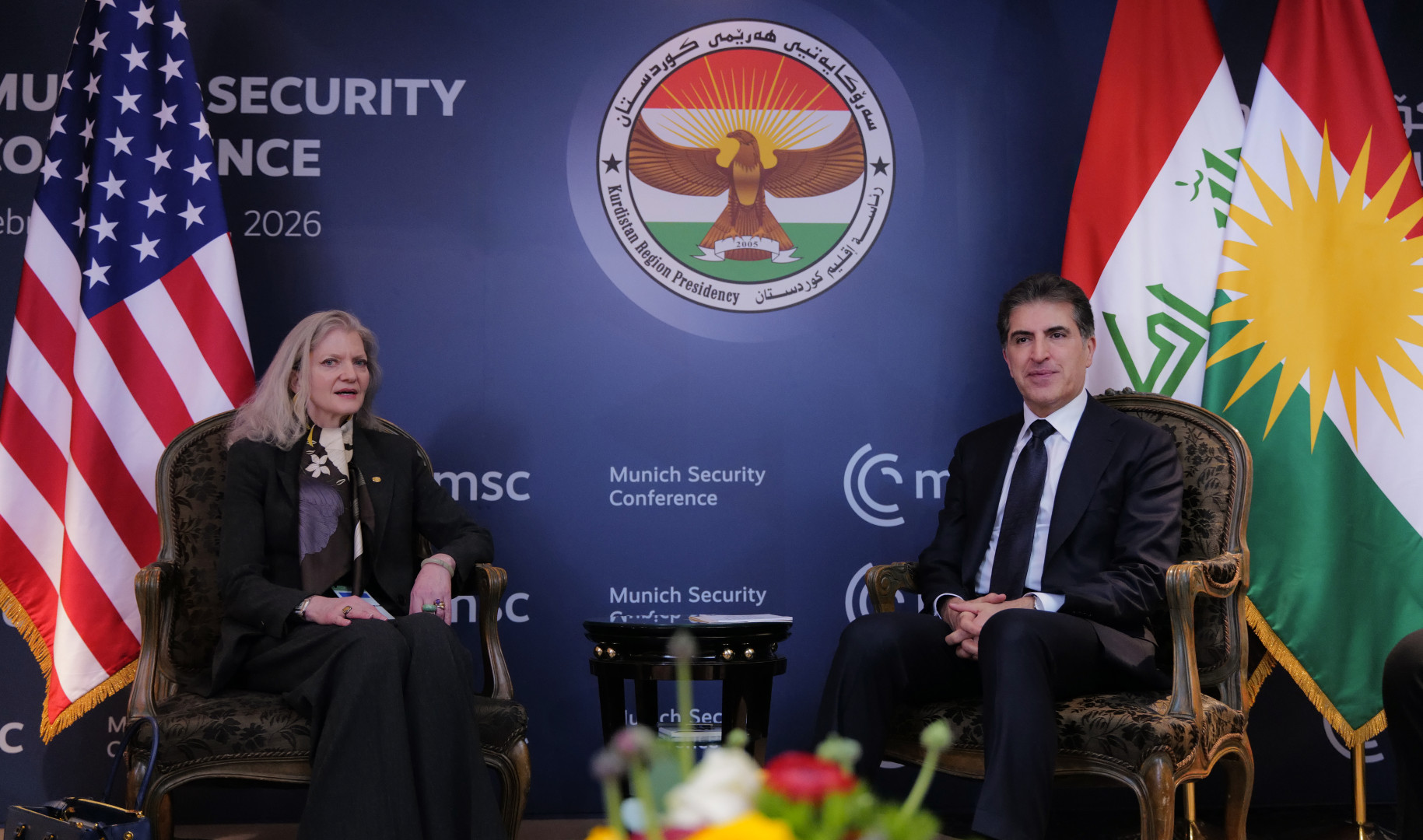



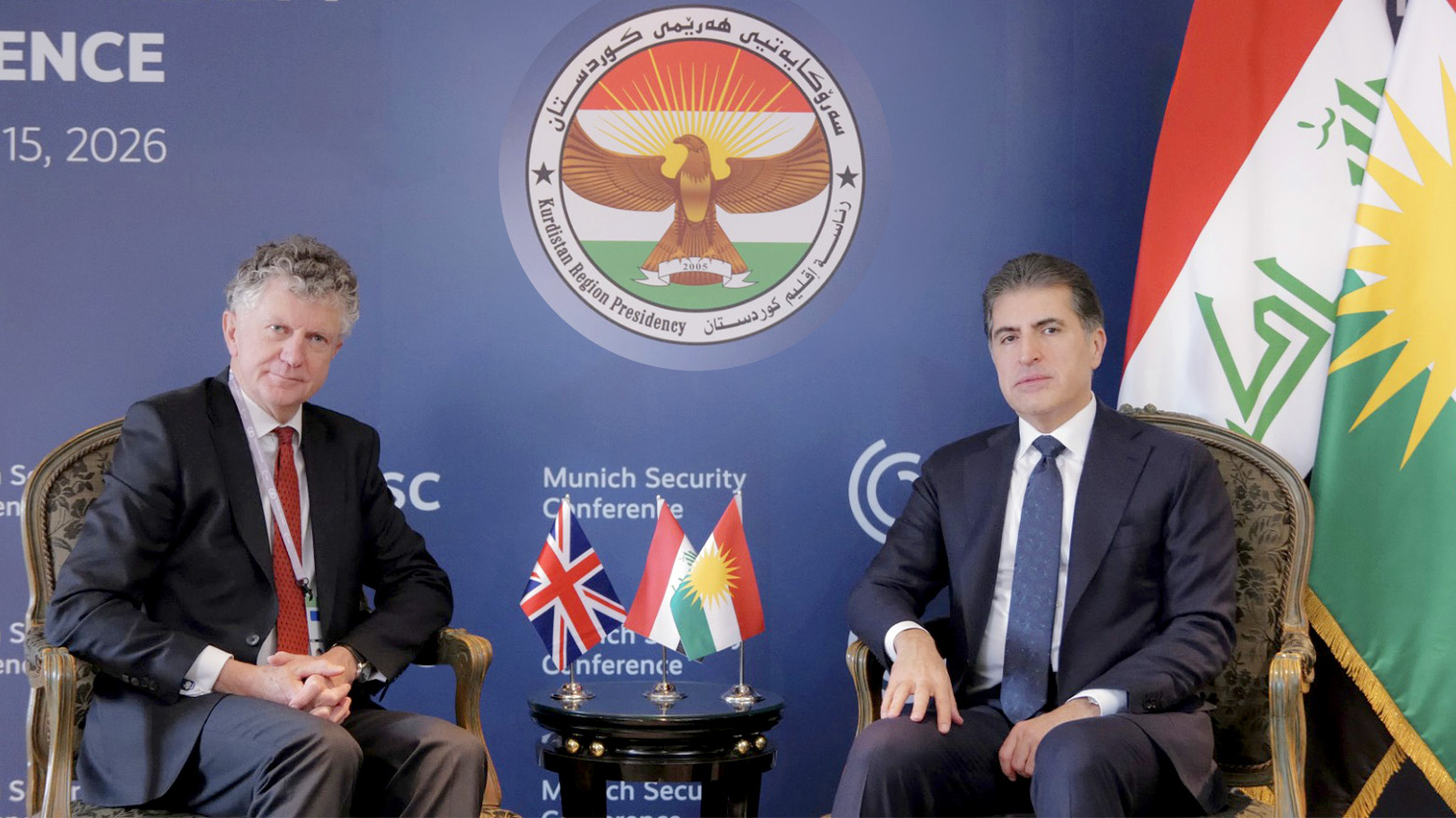


/file/attachments/orphans/AWS_Data_Center_Interior_4_838807.jpg)

